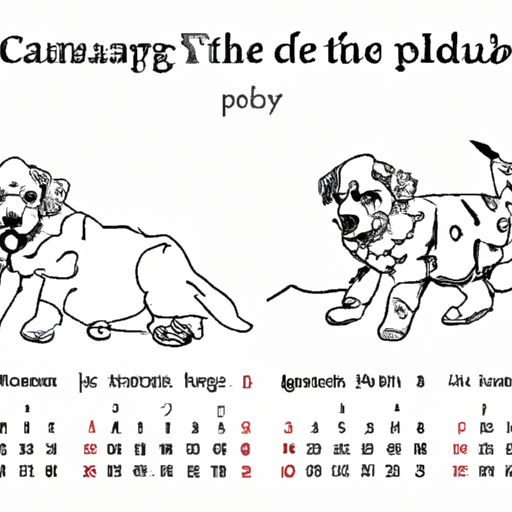Understanding Your Dog’s Age
As a responsible caregiver, you may find yourself wondering, “at what age are dogs considered adults?” The answer is not as straightforward as you might think. Just like with people, dogs mature at different rates. Generally, dogs are considered adults around the age of one year, but this varies depending on the breed and size of the dog.
Here’s a general breakdown:
| Size of Dog | Age Considered Adult |
|---|---|
| Small Breeds | 9 to 12 months |
| Medium Breeds | 12 to 15 months |
| Large Breeds | 15 to 18 months |
| Giant Breeds | 18 to 24 months |
The Importance of Recognizing Your Dog’s Adulthood
Recognizing when your dog reaches adulthood is crucial. As dogs transition from puppyhood to adulthood, their nutritional needs, behavior, and medical care needs change.
- Nutritional Needs: Adult dogs require different nutrients compared to puppies. Transitioning to adult dog food at the right time ensures your pet gets the right balance of nutrients.
- Behavioral Changes: Dogs often become less playful and more serious as they reach adulthood. Understanding this change can help you adjust your expectations and training methods.
- Medical Care: Adult dogs need different vaccines and regular check-ups. It’s vital to discuss with your vet about these changes.
How to Care for Your Adult Dog
When your dog reaches adulthood, it’s a sign that you need to adjust your care routine. Here are some tips:
- Regular Exercise: Adult dogs need regular exercise to maintain their health and happiness.
- Balanced Diet: Transition to adult dog food gradually to avoid upsetting your dog’s stomach.
- Regular Vet Check-ups: Schedule regular vet visits to keep track of your dog’s health and vaccinate when necessary.
- Training and Socialization: Continue to train your dog and expose them to different environments and situations.
Signs Your Dog Has Become an Adult
Not sure whether your dog has reached adulthood? Here are few signs:
- Your dog’s playfulness decreases.
- They become sexually mature.
- Their growth slows or stops.
- They have all their adult teeth.
Frequently Asked Questions (FAQs)
Q1: What food should my adult dog eat?
A: Adult dogs should eat a balanced diet designed for adult dogs. Consult your vet for specific recommendations.
Q2: Does my adult dog need different vaccines?
A: Yes, adult dogs need different vaccines than puppies. Discuss with your vet to ensure your dog is up-to-date.
Q3: Do all dogs become adults at the same age?
A: No, the age at which dogs become adults varies depending on their size and breed.
Q4: What changes should I expect in my dog’s behavior when they become an adult?
A: Adult dogs often become less playful and more serious. However, each dog is unique, and changes can vary.
Understanding your dog’s age and adjusting your care routine accordingly is an essential part of being a responsible pet parent. By keeping these insights in mind, you can ensure your furry friend has a healthy transition from puppyhood to adulthood.



